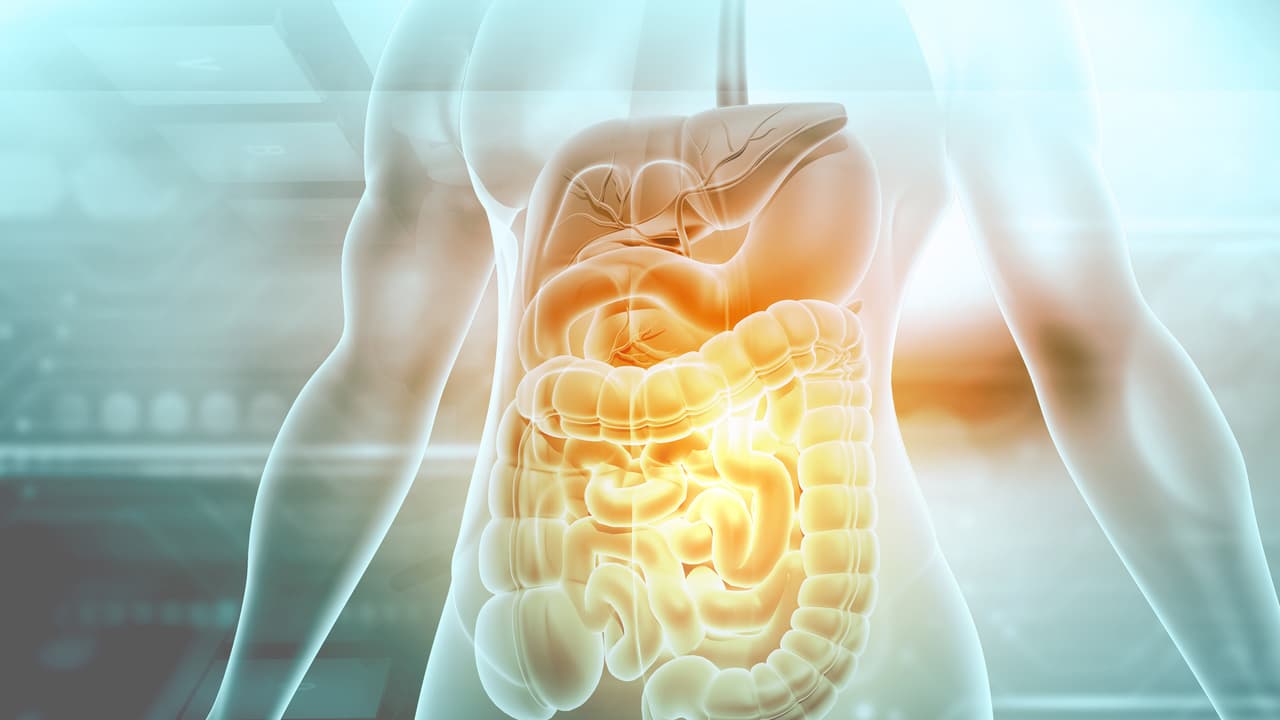MIT researchers discover that cysteine, a natural amino acid, can help the gut heal and regenerate after damage. A cysteine-rich diet may support intestinal stem cells and speed recovery from radiation or chemotherapy.
Researchers at the Massachusetts Institute of Technology (MIT) have identified a naturally occurring amino acid that could play a major role in helping the gut repair itself. The study, recently published in Nature, reveals that cysteine—a common nutrient found in protein-rich foods—may help the small intestine regenerate after damage caused by radiation or chemotherapy.
A Natural Boost for Gut Health
In experiments with mice, scientists found that a cysteine-rich diet stimulated a unique immune response that accelerated the repair of intestinal tissue. The amino acid appeared to activate specific immune cells, called CD8 T cells, which then released a signaling molecule known as IL-22. This molecule encourages stem cells in the gut to grow new tissue, effectively jumpstarting the healing process.
“This is exciting because we’re not relying on synthetic drugs. We’re leveraging a natural component of our diet to enhance the gut’s ability to repair itself,” said Omer Yilmaz, director of the MIT Stem Cell Initiative and a senior author of the study.
From Diet to Stem Cell Regeneration
Previous research has shown that certain diets, like calorie restriction, can influence stem cell function. However, this study is the first to pinpoint a single nutrient that directly boosts the gut’s regenerative capacity. The MIT team tested diets enriched with each of the 20 amino acids and found that cysteine had the most pronounced effect on both intestinal stem cells and their progenitor cells, which mature into healthy intestinal tissue.
Once absorbed from food, cysteine is converted into CoA, a compound that interacts with CD8 T cells in the intestinal lining. These cells multiply and release IL-22, which then signals stem cells to start the repair process. Interestingly, this effect was largely localized to the small intestine, the primary site of nutrient absorption.
Potential Implications for Cancer Patients
The research holds promise for patients undergoing cancer treatments, which often damage the gut lining. Mice on a cysteine-rich diet recovered faster from radiation exposure and chemotherapy with 5-fluorouracil, a common treatment for colon and pancreatic cancers. While human studies are still needed, these findings suggest that dietary or supplemental cysteine could one day help protect and repair the intestines during cancer therapy.
“By feeding mice a diet rich in cysteine, we were able to expand a population of immune cells that aren’t normally associated with gut regeneration,” said Fangtao Chi, lead author of the study. “It’s a promising step toward using diet to support recovery from gut injury.”
Beyond the Gut
Cysteine is widely known for its antioxidant benefits, but MIT’s research suggests it may have broader regenerative potential. The team is now exploring whether cysteine could stimulate stem cells in other tissues, such as hair follicles, and whether other amino acids may also influence gut health and stem cell activity.
Cysteine is naturally present in foods like meat, dairy, legumes, and nuts, and the body can also produce it from methionine. However, dietary cysteine seems particularly effective because it concentrates in the gut before circulating elsewhere in the body.
A Natural Path to Healing
This study highlights the intricate connection between diet and the body’s ability to heal itself. While more research is needed before these findings can be applied to humans, they offer hope for a simple, natural way to enhance gut repair and overall intestinal health.
